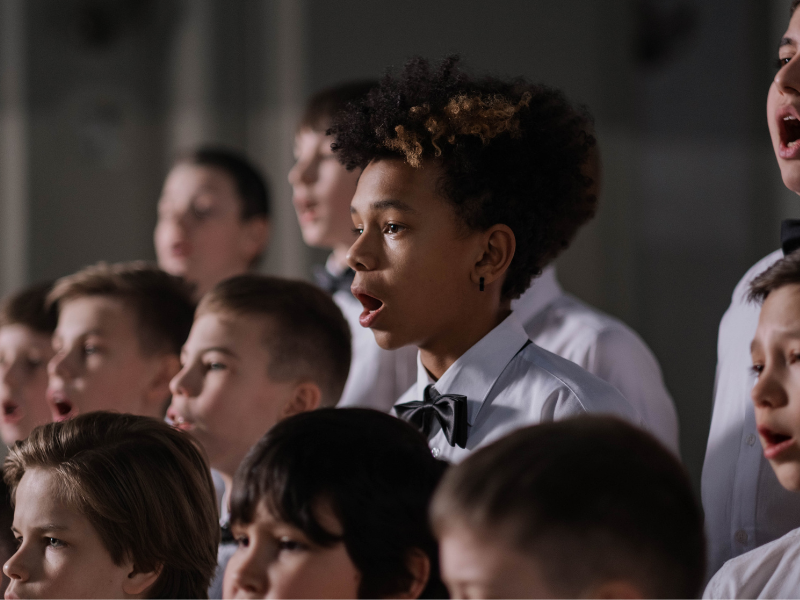
Research Updates

Here at Bigger Better Brains we believe that through educating yourself, you can then educate and affect positive change in your community.
With all of the research in the field of neuromusical science, our BBB Research section serves as a content hub for you. We regularly share findings and break down the latest research to educate and inspire discussion. We hope you enjoy this page on our website and share BBB news with your colleagues, parents and students.
“Ringing in the Ears” actually goes much deeper than that
Tinnitus is a fascinating and challenging condition to live with. The reason why it is so fascinating is that it seems to have no point of origin or malfunctioning area, it is a disease that stretches across the brain.
Background music ‘significantly impairs’ creativity
Do you use background music when you are completing a creative task? If you do, do you find that your creative output is better, more innovative or unexpected, or does the background music hinders these outputs?
What do 5 years olds learn in their weekly music lessons?
If you were to look at a standard weekly timetable for a kindergarten class, you would hopefully see at least one music learning class. This study looked at the regular 40-minute weekly sessions of music learning for kindergarten.
Music trains the brain to “hear”
This study looked at children using cochlear implants between the age of 6-9 years due to prelingual sensorineural hearing loss.
Music training enhances audio-visual integration
Audio-visual integration is the integration of things we hear with the things we see. Why would this be important? Well, have you ever watched a video where the sound and picture are out of sync?
Pitch patterns help us understand music and emotion in speech
Pitch pattern recognition is vital for both music comprehension and understanding the prosody of speech, which signals emotion and intent. But what happens when you can’t hear pitch patterns – do you enjoy music less and hear less emotion in speech?
Why music makes us feel
Researchers have looked very closely at this phenomenon to understand if it is certain characteristics of music that elicit an emotional response, if it is a totally individual experience, or if it is a bit of both.
Which sounds should we play for productivity – music or nature?
Have you ever noticed when you are driving with music playing, or your children are chatting in the back as you drive to a new place, you quickly turn the music down or ask the kids to be quiet?
Can musicians hear more emotions in your voice?
Do you know someone who struggles to hear the emotions in speech? The skills of “hearing” prosody in speech are fundamentally musical. It is the melody and rhythm of speech, mixed in with the facial and physical expressions that went along with the speech, that our brains use to interpret emotions in speech.
Foreign Language Learning or Music Learning: which one improves auditory processing more?
Bilingualism and music learning have often been connected when it comes to auditory processing development. Do you know why? The reason for this connection is that music and language share an overlapping neural network.
Singing during pregnancy enhances baby’s brain
The question “Does singing and listening to music during pregnancy help my baby’s brain?” and the answer are both complex and evolving.
The effect of preferred background music on sustained attention
When we have to do a task, many people often choose to put music on in the background rather than complete the task in silence. The researchers found that “background music increased the proportion of task-focus states by decreasing mind-wandering states but did not affect external distraction states.”





















